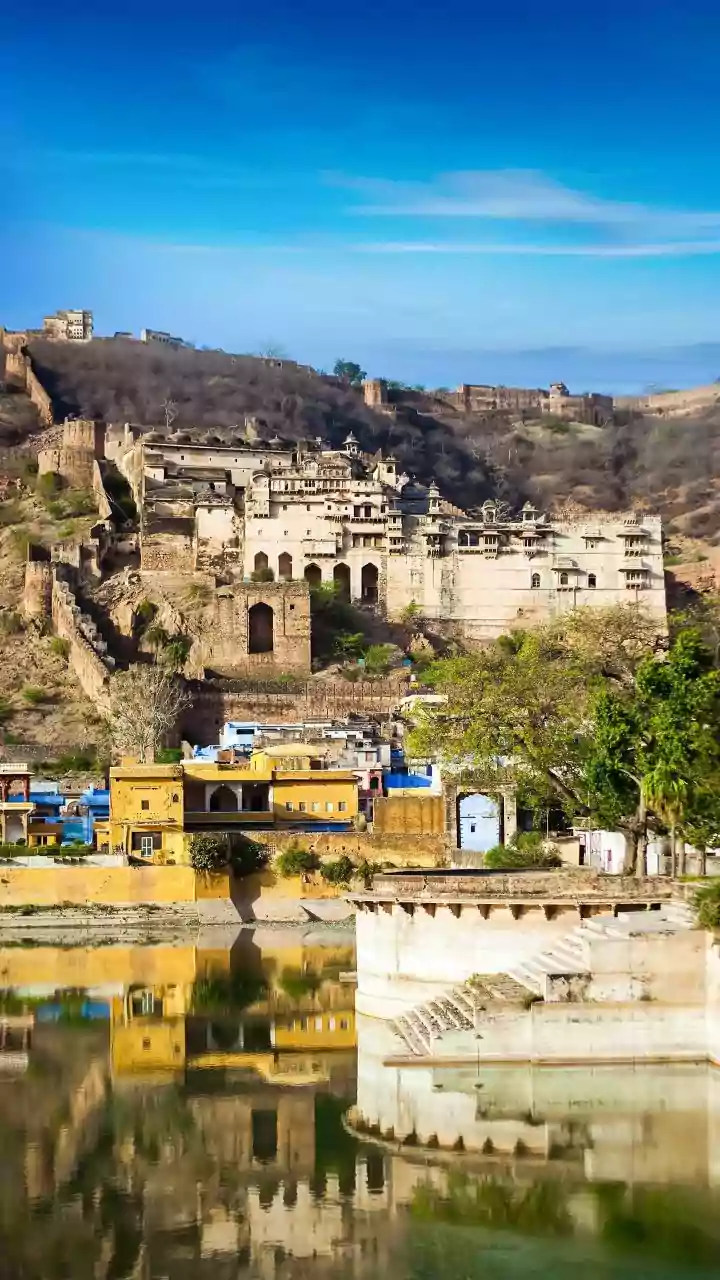Between 2004 and 2009, when Lalu Prasad Yadav served as Union Railway Minister in the UPA government, two IRCTC hotels—BNR Ranchi and BNR Puri—were leased to Sujata Hotels on a quid pro quo basis. In return,
prime land in Patna was transferred to a company controlled by Lalu Yadav, his wife Rabri Devi, and their son Tejashwi Yadav for a throwaway price of ₹1.5 crore. The tender process was conveniently tweaked to ensure Sujata Hotels bagged the contract.
This pattern—sacrificing public interest for personal gain—has remained unchanged across regimes. In 2012, the Supreme Court cancelled 122 telecom licences issued under the first-come, first-served (FCFS) policy during the 2G spectrum scam, calling the process “arbitrary and capricious.”
Licences sold for ₹1,730 crore were flipped for nearly ₹10,000 crore, enriching middlemen and political patrons instead of the exchequer. Yet, then Finance Minister P. Chidambaram defended it as “smart economics.” The ₹8,280 crore difference, which should have gone to the government, was instead pocketed by private beneficiaries.
The National Herald case follows the same pattern of institutional capture by the powerful. Associated Journals Ltd (AJL), founded by Jawaharlal Nehru in 1938, ceased publishing in 2008 but retained properties worth over ₹2,000 crore. AJL owed ₹90.21 crore to the All India Congress Committee (AICC), which then “sold” this loan to Young Indian—a company controlled by Sonia and Rahul Gandhi, each holding 38% equity—for just ₹50 lakh. After purchasing the loan, Young Indian demanded either repayment or equity shares. In an Extraordinary General Meeting, AJL issued fresh shares worth ₹90.21 crore to Young Indian, reducing the stakes of all other shareholders to just 1%.
The result: the Gandhis effectively took control of AJL’s assets—an elegant hijacking under the guise of legality. The Congress dismisses it as an “internal matter,” but corruption isn’t limited to plundering public funds; it includes the capture of institutions holding public trust.
The party argues both AJL and Young Indian are non-profits. Yet worldwide, not-for-profit entities are often scrutinised for funding the comfortable lifestyles of their founders, enjoying tax exemptions intended for genuine charities.
Under the Prevention of Corruption Act, the burden of disproving corruption may appear to rest on the accused, but it applies only after the prosecution proves demand and acceptance of illegal gratification. The Supreme Court has clarified that such proof must go beyond reasonable doubt. This high bar ensures most corrupt officials walk free, leaving no traceable evidence of bribery.
Lalu Yadav’s convictions in five fodder scam cases remain rare exceptions. Former Prime Minister P.V. Narasimha Rao briefly went to jail for bribing JMM MPs, whose careless deposits left a paper trail. Jayalalithaa’s conviction in the disproportionate assets case came posthumously. Yet India’s corruption law remains anaemic.
Financial crimes must attract not only imprisonment but also disgorgement—the recovery of ill-gotten gains. In the ₹950-crore fodder scam, Lalu Yadav paid a meagre ₹25 lakh penalty. True justice would require the recovery of every rupee stolen from the taxpayer. Anything less merely emboldens the next generation of plunderers.
S Murlidharan is a freelance columnist and writes on economics, business, legal and taxation issues






















